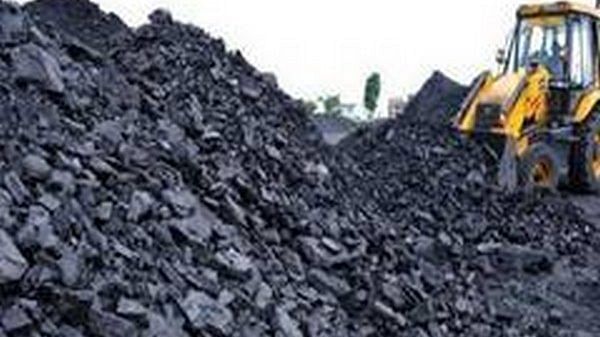New Delhi: Facing allegations that it’s becoming a ‘puppet’ of Pakistan, Afghanistan’s Taliban regime has raised the price of coal. This comes hours after Pakistan Prime Minister Shehbaz Sharif decided to approve ‘critical quality’ coal imports from Afghanistan, in rupees, to save on foreign exchange and wean off reliance on South African coal.
While this was Sharif’s attempt to bring electricity to Pakistanis as cheaply and quickly as possible amid a domestic financial crisis and a challenging global market, the Taliban increased the rate from $90 per tonne to $200 per tonne, and set custom duties at 30 per cent, according to data news aggregator South Asia Index.
“The prime minister was informed that import of coal from Afghanistan, initially required only for Sahiwal and Hub power plants, would save more than $2.2 billion annually in the import bill,” the Express Tribune reported on Monday.
Also read: How Pakistan turned its back on Afghan musicians who fled Taliban rule
The battle for coal
The developments are an extension of the Taliban’s coal export increases to Pakistan reported in late May. Since it took over Afghanistan last year and the subsequent economic crisis, the Taliban government has been attempting to rely on natural resources for revenue as an answer to the country’s economic crisis.
But now, members of the regime are seeking to alter the image of the Taliban’s relationship with the Pakistani government. On Wednesday, the spokesperson for Afghanistan’s Ministry of Petroleum and Minerals, Mufti Ismatullah Burhan, told The Independent Urdu that no coal trade agreement exists between the two countries, and that the Taliban will use coal as a “pressure point” for Pakistan.
“We sell the coal to local industrialists and the same coal is exported to Pakistan by local industrialists…The need for Pakistan and their coal is not important to us but our local traders are important to us and we are providing relief to them. Local traders can send coal to any country they want but we have imposed duties to export coal abroad,” Burhan said, insisting that Pakistan’s economy is in such dire state that coal from Afghanistan would not improve it much.
Afghan newspaper Hasht e Shubh Daily also quoted warnings from expert Mirahmad Shakib that the real damage of any accelerated coal imports would not be to either country’s economies but to the environment in Afghanistan. “Pakistan is plundering Afghanistan’s resources in the absence of a responsible national government,” Shakib said.
Also read: Bad news for Pakistan’s rich. Shehbaz Sharif budget will tax them, ban car imports
Weakening ties
Burhan’s remarks and the instant price hike also cast questions over the current state of relations between the Taliban regime and the Pakistani government under PM Sharif, especially now that India has been reported as a more involved player in Afghanistan.
As previously reported by ThePrint on 23 June, India reopened its Kabul embassy and sent a “technical team” to “closely monitor and coordinate” humanitarian relief work.
Lahore-based correspondent for The Diplomat, Umair Jamal has further reported on how fractures have developed between Afghanistan and Pakistan, with the Taliban “openly” attempting to block Pakistan’s border fencing plans and offering sanctuary to Tehreek-e-Taliban Pakistan (TTP) terrorists to increase instability in Pakistan’s tribal areas.
As a result, Islamabad is alleged to “have asked its missions in Afghanistan to highlight ideological and political contradictions between India and the Taliban”, Jamal said.
(Edited by Prashant)
